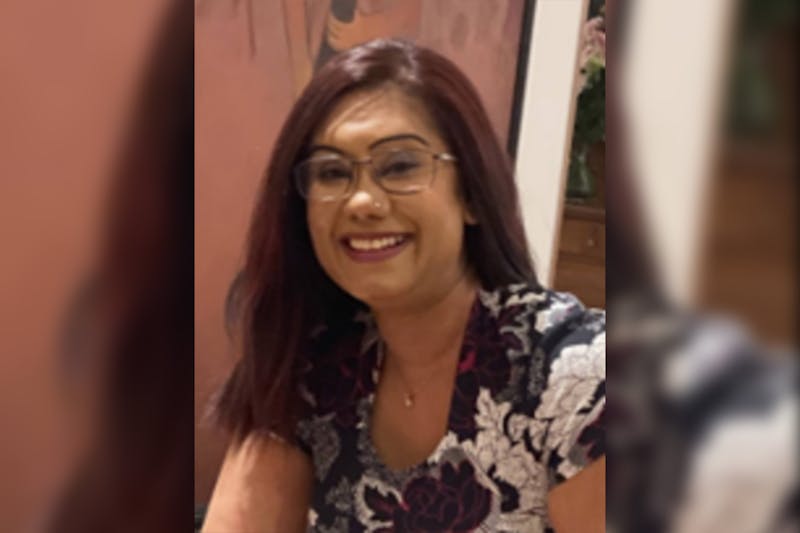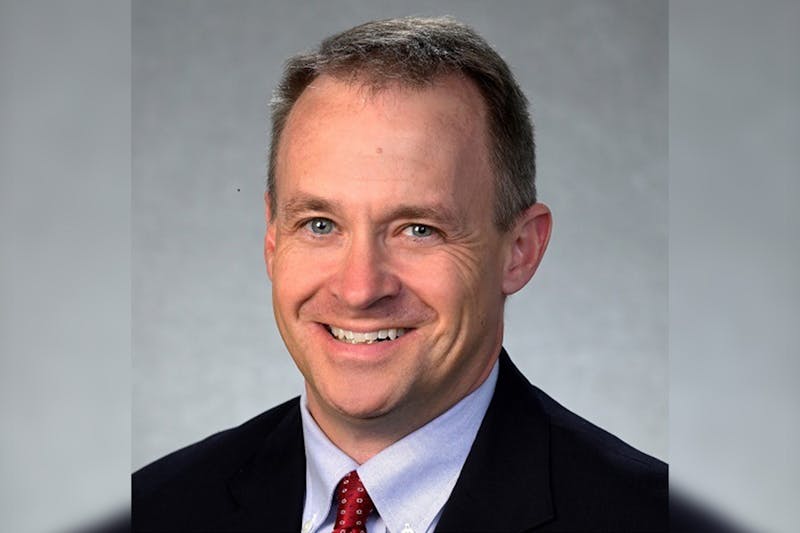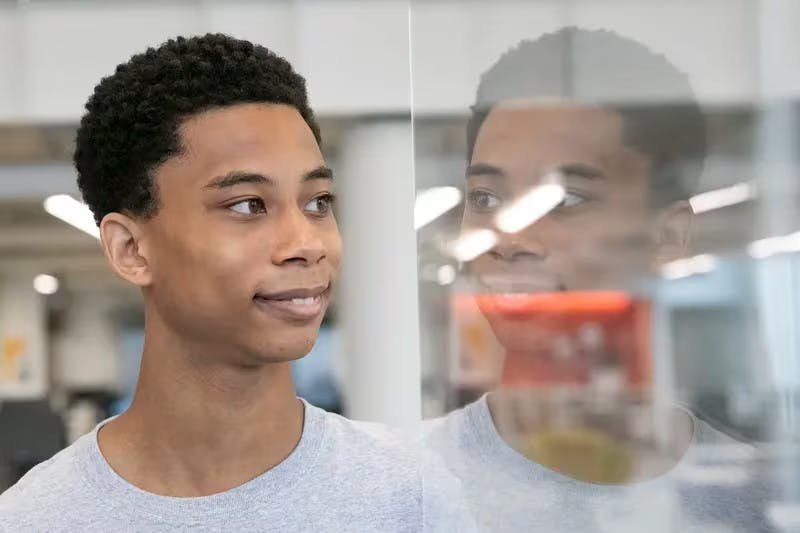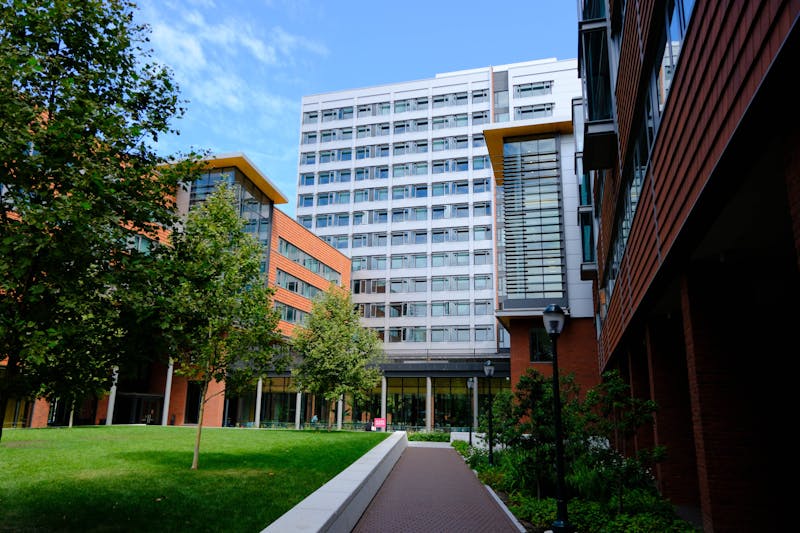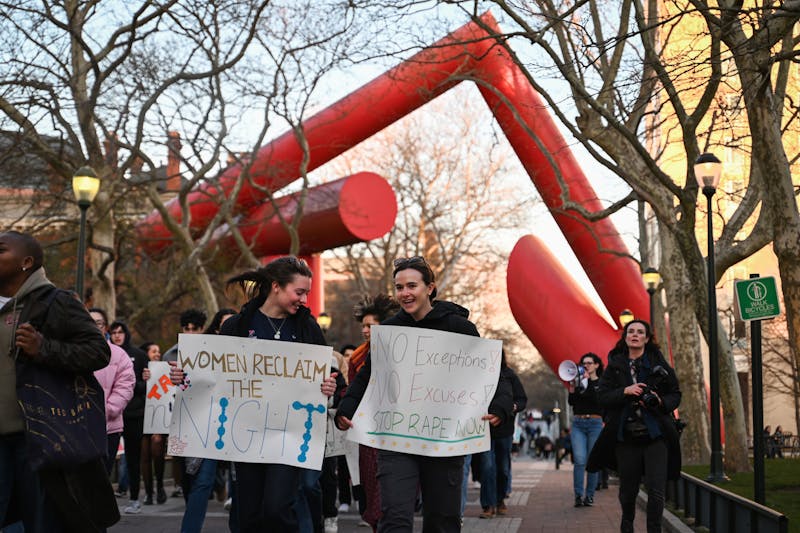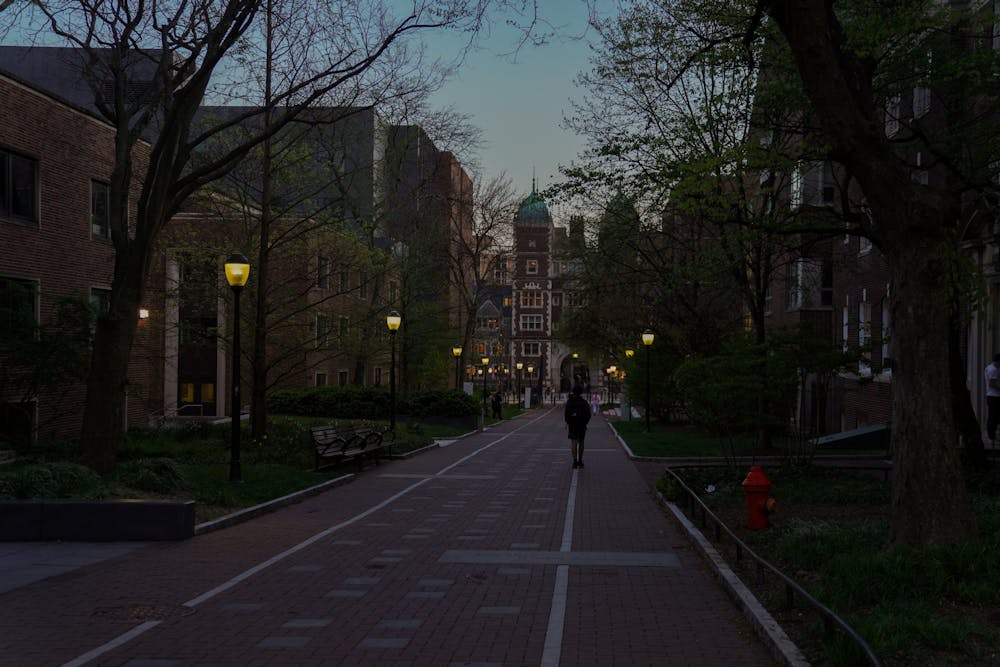
A new Undergraduate Assembly initiative aiming to support students through times of grief will launch on April 18.
The grief support program was organized in conjunction with the Penn Wellness Student Coalition, the Office of the Vice Provost, and a number of student groups. It will include peer support, the distribution of gifts and grief resources, and the promotion and publication of existing wellness resources through Wellness at Penn.
College sophomore and elected UA member Nicole Muravsky, who is also a staffer for The Daily Pennsylvanian, said that the idea for the group was introduced in response to the ongoing Israel-Hamas war. Muravsky said that while the program was originally set to launch in the fall, it was expedited due to the recent death of College sophomore Nathaniel Gordon.
Muravsky said that she connected with Associate Vice Provost for University Life Sharon Smith to develop the group after Smith proposed aiding grieving students with care packages. Smith recalled a grief support club called Actively Moving Forward, which used to exist at Penn. Actively Moving Forward was a branch of a national organization founded by Perelman School of Medicine professor David Fajgenbaum, who is also a Medical School and Wharton graduate.
Fajgenbaum will speak about his connection to grief support systems on college campuses at the program's inaugural event. The event, which will take place at 6:30 p.m. in the Recital Hall at Irvine Auditorium, will focus on the power of community support and the implications of grief.
Fajgenbaum started the first chapter of the Actively Moving Forward program during his undergraduate years at Georgetown after losing his mother, according to Muravsky. It grew to become a national organization, and a Penn chapter was started when Fajgenbaum arrived at the University as a graduate student.
Muravsky added that the virtual format which Actively Moving Forward adapted to during the pandemic could be a reason for why grief support programming has faltered on campus.
“We plan to work closely with Dr. Fajgenbaum and campus partners to reestablish Actively Moving Forward at Penn while extending its offerings beyond what it once was,” Smith wrote to the DP.
Members of the UA worked with the PWSC and other wellness-focused groups to propose a budget and a timeline for creating the infrastructure to support impacted students, according to Smith. The program was approved for a $20,000 budget from the UA reserve fund.
College junior and PWSC co-chair Camellia Bùi, who is a former staffer for the DP, said that while many wellness resources are available to Penn students, she has noticed a stigma surrounding them.
“Students, especially when they are distressed, don’t have the capacity to use [these resources],”she said. “I think we should set up a system to support students when they’re in their most vulnerable moments, and they can’t advocate for themselves.”
Multiple people involved in the group said that they plan to expand the initiative’s operations in the future. Wellness at Penn Director of Integrated Care Initiatives Batsirai Bvunzawabaya said that the program will iterate through phases — the first of which prioritizes the resources and items provided when students have experienced a loss.
“We’re hoping that, over time, we can start having group discussions,” Bvunzawabaya added.
Smith wrote that peer mentorship, workshops, and events will hopefully be implemented in future semesters to provide “resources for grieving students and create shared space[s] to connect with one another.”
Bùi is currently helping publicize the program, adding that she has helped facilitate connections between the UA and Penn Benjamins, Reach-a-Peer Line, CogWell, and the Body Empowerment Project. She hopes to introduce an academic component to the support provided — describing the “current academic policy around grief and grieving" as “not very strong.”
The peer mentors for the new initiative currently consist of volunteers accumulated by those connected to the UA, PWSC, and students who attended a grief support session after Gordon’s death, according to Muravsky. The support session was held earlier this month in Houston Hall, where students impacted by the loss received grief support baskets containing snacks and workbooks and were given information about existing University resources, College sophomore and peer mentor Noah Milad said.
Milad said that he was personally affected by Gordon’s death, adding that the mentors “want to be people that students can go to in their time of need.”
“I feel like it’s those simple things that really make or break certain situations … they make you feel strong for going through that grief and processing it,” he said.
Milad said that because of the support he felt from the mentors during the grief support session, he decided to volunteer for the program to provide similar support and care to other grieving students.
Andrew Hagy, who is a member of the College’s Class of 2026 and is currently on a gap year working as a mortician, also attended the session following Gordon’s death and said he subsequently decided to volunteer as a grief peer support mentor. Hagy said that he hopes to provide peer support, recommend resources about grief, and serve as an empathetic friend — citing trends at elite universities which have shown high rates of depression.
“That is really what’s frustrating to me about this — it is both hyperlocal and also ubiquitous in the sense that these problems are not unique to Penn, but [these recent events] are uniquely Penn’s,” Hagy said.
Bùi added that while she was made aware of the effort Penn puts into supporting those directly affected by a loss after Gordon’s death, she has noticed a lack of general support for students aware of the loss but not directly affected.
“This is a community that people have not traditionally taken care of, and this is a place where [the grief support group] can have an impact,” she said.
The Daily Pennsylvanian is an independent, student-run newspaper. Please consider making a donation to support the coverage that shapes the University. Your generosity ensures a future of strong journalism at Penn.
Donate







